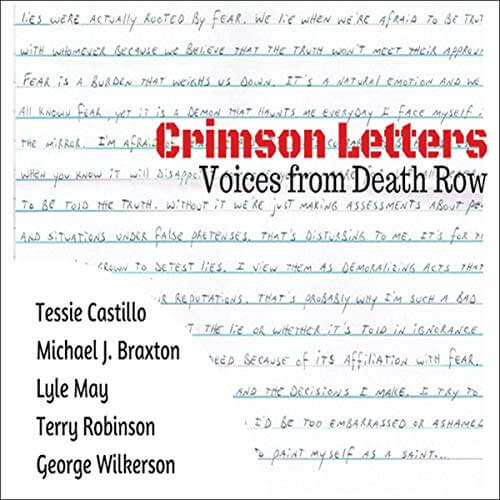“Harvard Can’t Teach What You Learn From the Streets” by Sam Liebman
Sam Liebman’s new book, Harvard Can’t Teach What You Learn From the Streets, is one of those rare reads that isn’t just enjoyable in its particular literary genre. It’s enjoyable because it’s a thoroughly good read, able to clearly communicate its sometimes top-heavy content, never risking overexposing nor oversimplifying itself for a wide audience appeal.
TWITTER: https://mobile.twitter.com/thesamliebman
While obviously it will appeal to a certain brand of reader, Liebman writes and has the distinctive voice of someone who has lived, and therefore can naturally entertain with a certain irreverence. This kind of ability helps establish a kind of tonal universality as a storyteller, even if the actual topicalities and specific, broken down contents of said topicalities are for a somewhat exclusive, ideological and positional audience. Part of this manifests itself in Liebman providing evocative analogies and scenarios drawn from his actual hustles as a youth in the streets of Brooklyn, where he is from.
He approaches the otherwise dry statistics by dressing them in rich word choice and examples that have a decidedly dramatic appeal. “The more you change your negative perceptions, the more you will eliminate the stumbling blocks you need to become successful. Retaining knowledge can’t be achieved if your mind is cluttered with fear. The more exposure you get, the less fear, and the more your mind will let you learn. If you are fortunate enough to get exposure, it can change your position in life at a much faster rate than another person who doesn’t. Providing exposure to real-world situations is one of the main goals of this book,” he writes. “…I want you to become an opportunist equipped with the skills that will allow you to think of alternative solutions in tough situations.
I try to apply street smart techniques that deal with everyday life, not with unattainable situations or principles and techniques that involve large corporations, celebrities, or other entities that don’t apply to the average person. You are going to receive the best practical experience you can possibly get from reading a book.”
With this in mind, Liebman subsequently guides the reader extensively through basic concepts related to the mathematics and precision of the real estate empire, to specified subcategories such as understanding net operating income, navigating the landscape(s) of real estate commissions, to what he proclaims are the four basic methods with respect to increasing property value. All of this is done in unsparing but clear prose, and because of this Liebman never falters in the overall tonality hanging over the entirety of the read duration. It’s one of friendliness and genuine empathy, because of this the book never becoming an ironic showcasing of Liebman’s own, hard-scrabble road to success, nor a flinty and decidedly cold read similar to other leadership advice books. “Real estate is quickly changing from a trade to a profession,” he states. “Larger brokerage and managing companies are gobbling up smaller firms as the industry continues to become more corporate and specialized. I believe this trend will continue, eventually leading the smaller firms into extinction.
AMAZON: https://www.amazon.com/Harvard-Cant-Teach-Learn-Streets/dp/1641466529
Large real estate firms are now attracting talented graduates from Ivy League and other top schools who want careers in real estate.” Rather than begrudging the latter, Liebman quickly asserts that those with degrees in fields related to the real estate scene are in for a whole new round of education on the ground. The kind one gets when faced with spur-of-the-moment decisions and scenarios. Hence, the arrival of his brand of professional articulation.
Nicole Killian








